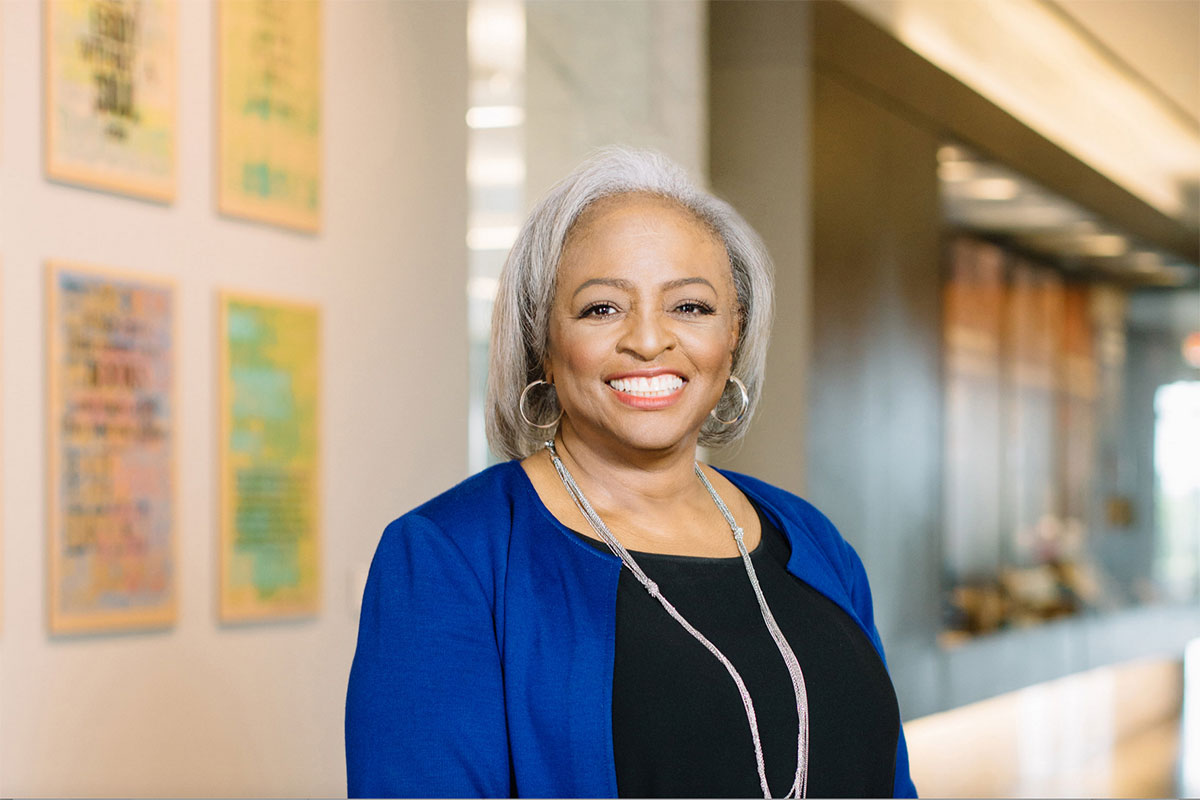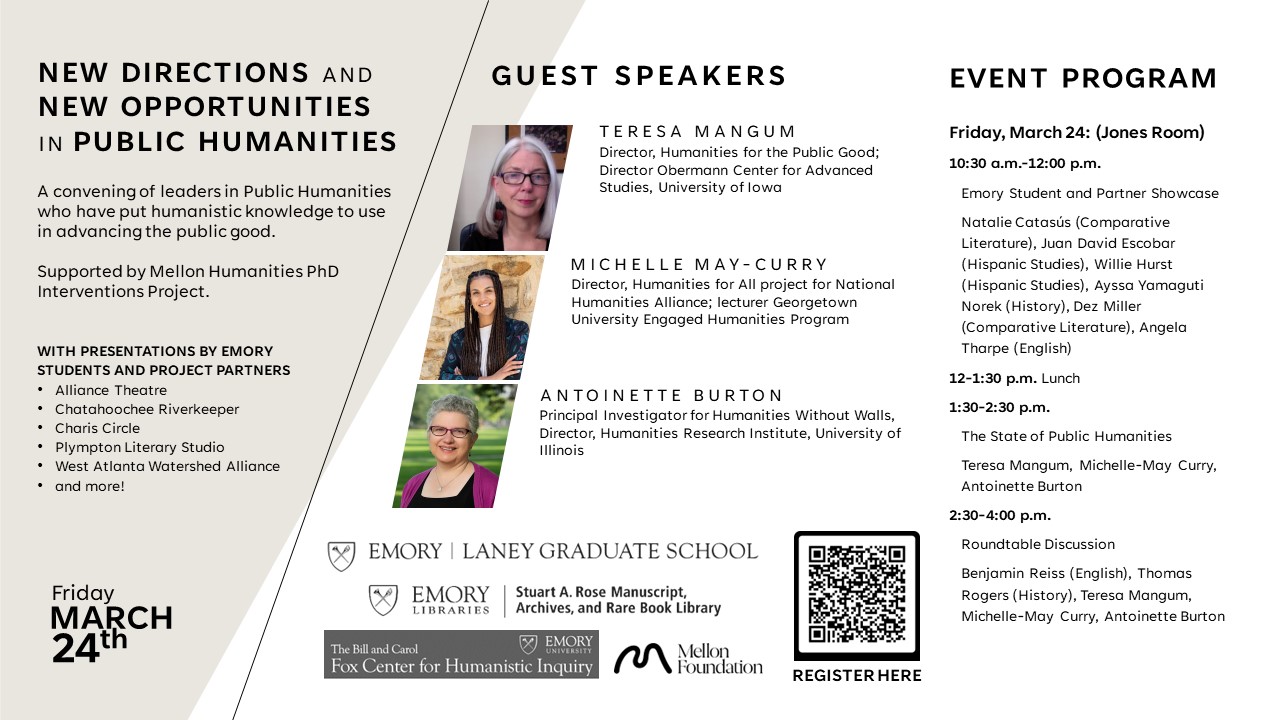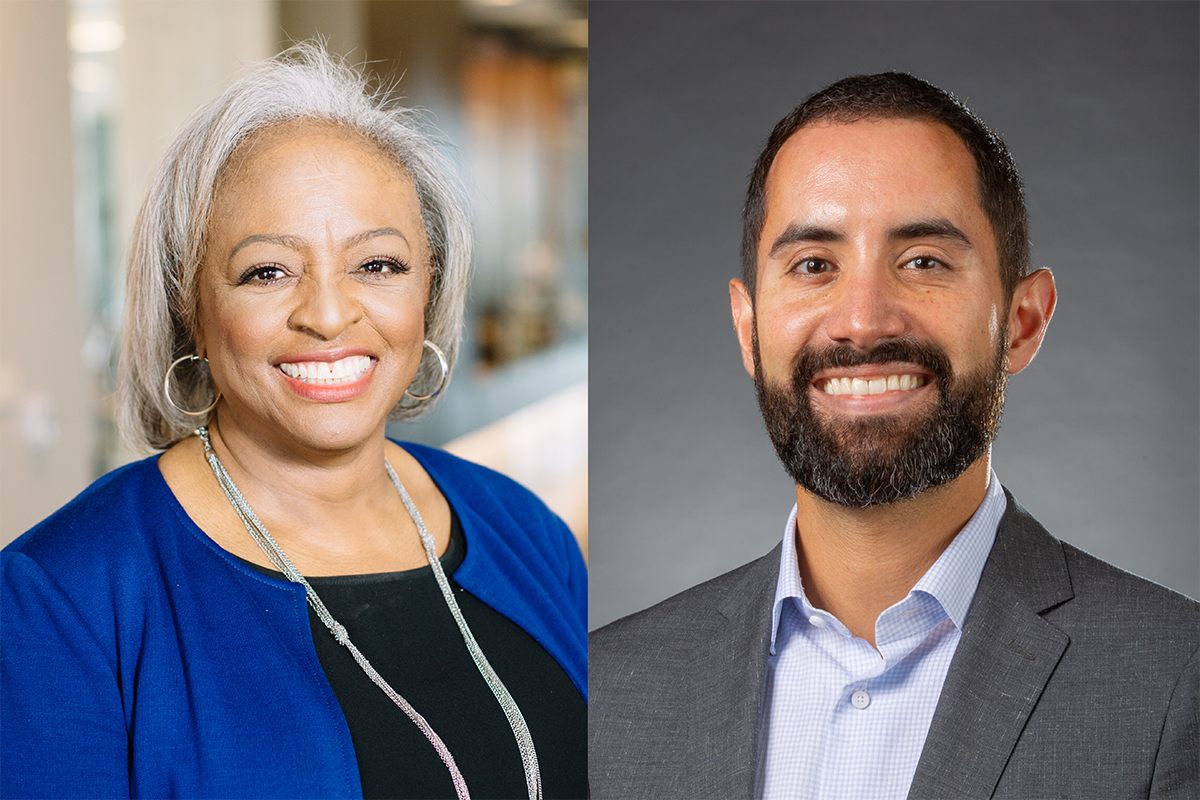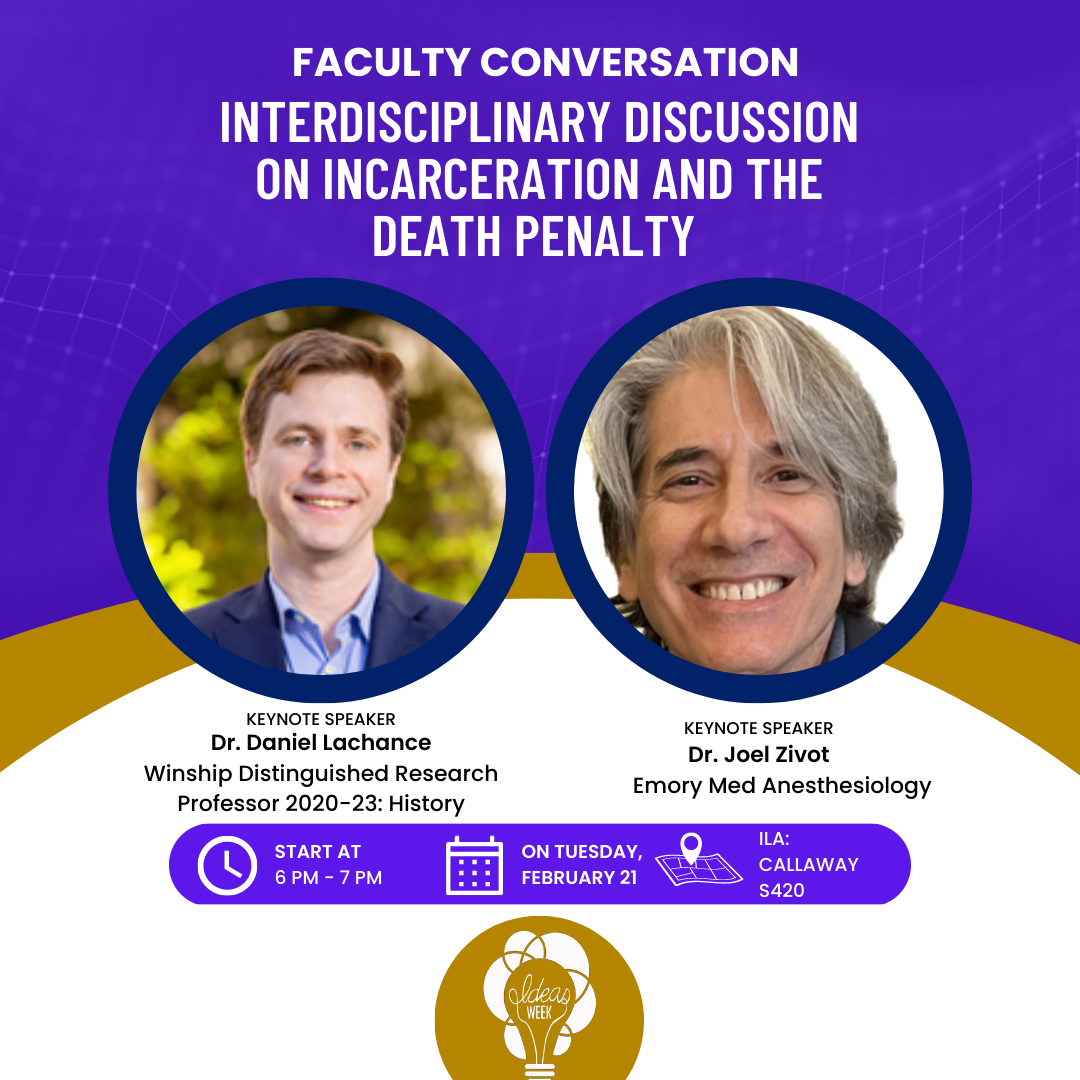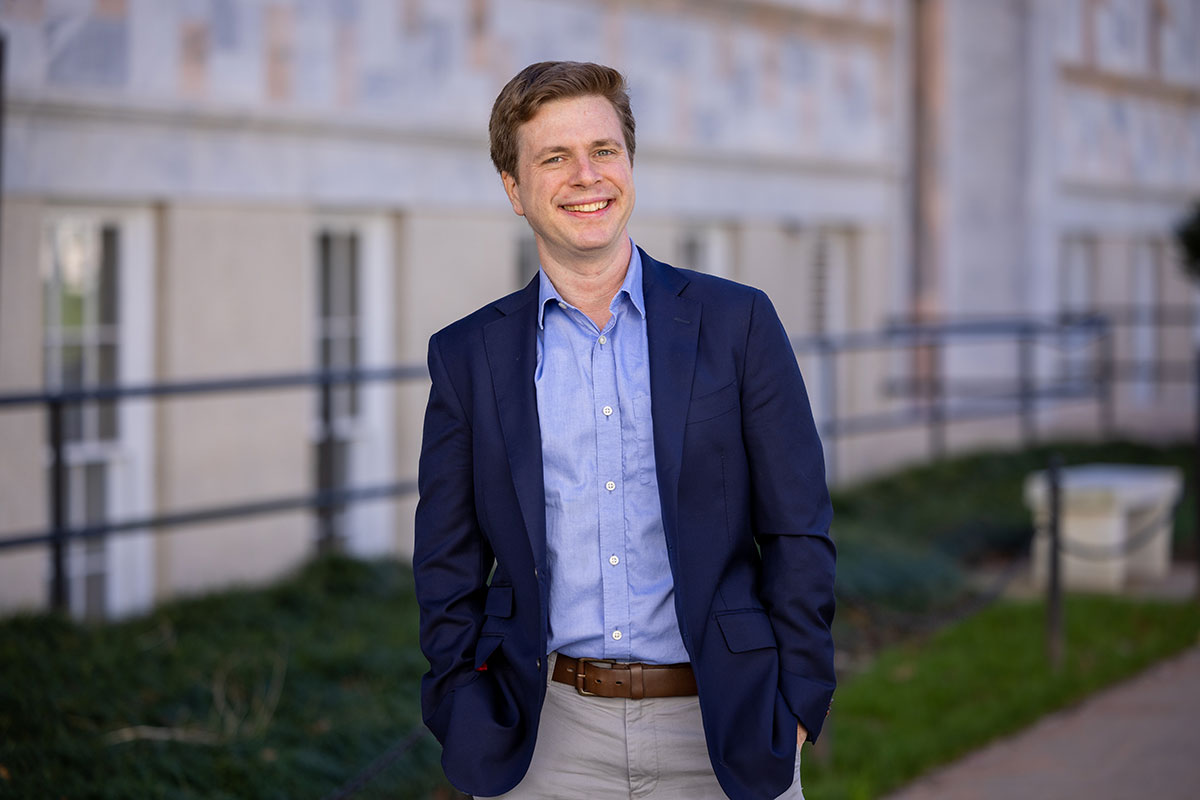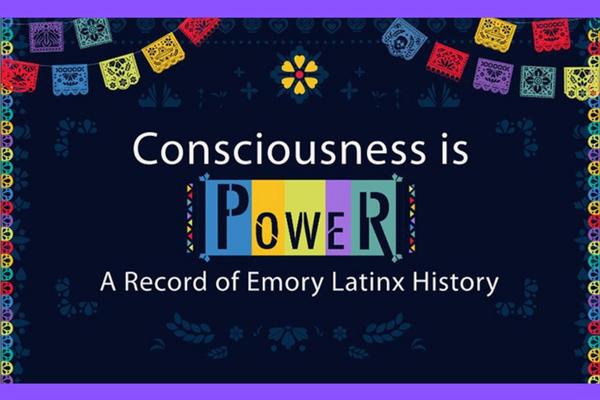Dr. Carol Anderson, Charles Howard Candler Professor of African American Studies, recently published an article in The Washington Post’s “Made by History” series. Titled “Florida’s past paints Ron DeSantis’s war on ‘wokeism’ in a dark light,” Anderson’s article discusses the endemic anti-Black violence and political disenfranchisement that characterized Florida society in the nineteenth and twentieth centuries. Anderson links this history to Florida Gov. Ron DeSantis’s contemporary political campaign against on “wokeism,” which Anderson argues is, in fact, “a war on the marginalized” and the denial of the “existence of systemic injustice.” Read an excerpt from the article below along with the full piece: “Florida’s past paints Ron DeSantis’s war on ‘wokeism’ in a dark light.”
“Florida Gov. Ron DeSantis’s war on ‘wokeism,’ often minimized as a culture war or taking on the establishment to build his conservative brand, is actually a war on the marginalized. Sensing that they don’t have the power to fight back, he tramples the Constitution, state law or whatever gets in his way. The targeting is clear. DeSantis’s own attorney defined ‘woke’ as ‘the belief there are systemic injustices in American society and the need to address them’
“By denying the existence of systemic injustice, DeSantis is placing himself in a long, sordid Florida history that has targeted the civil rights of African Americans in the Sunshine State. It is a history scarred by lynching, rigged trials, massive disfranchisement, instilling fear and showcasing the systemic assault on the rule of law.“
